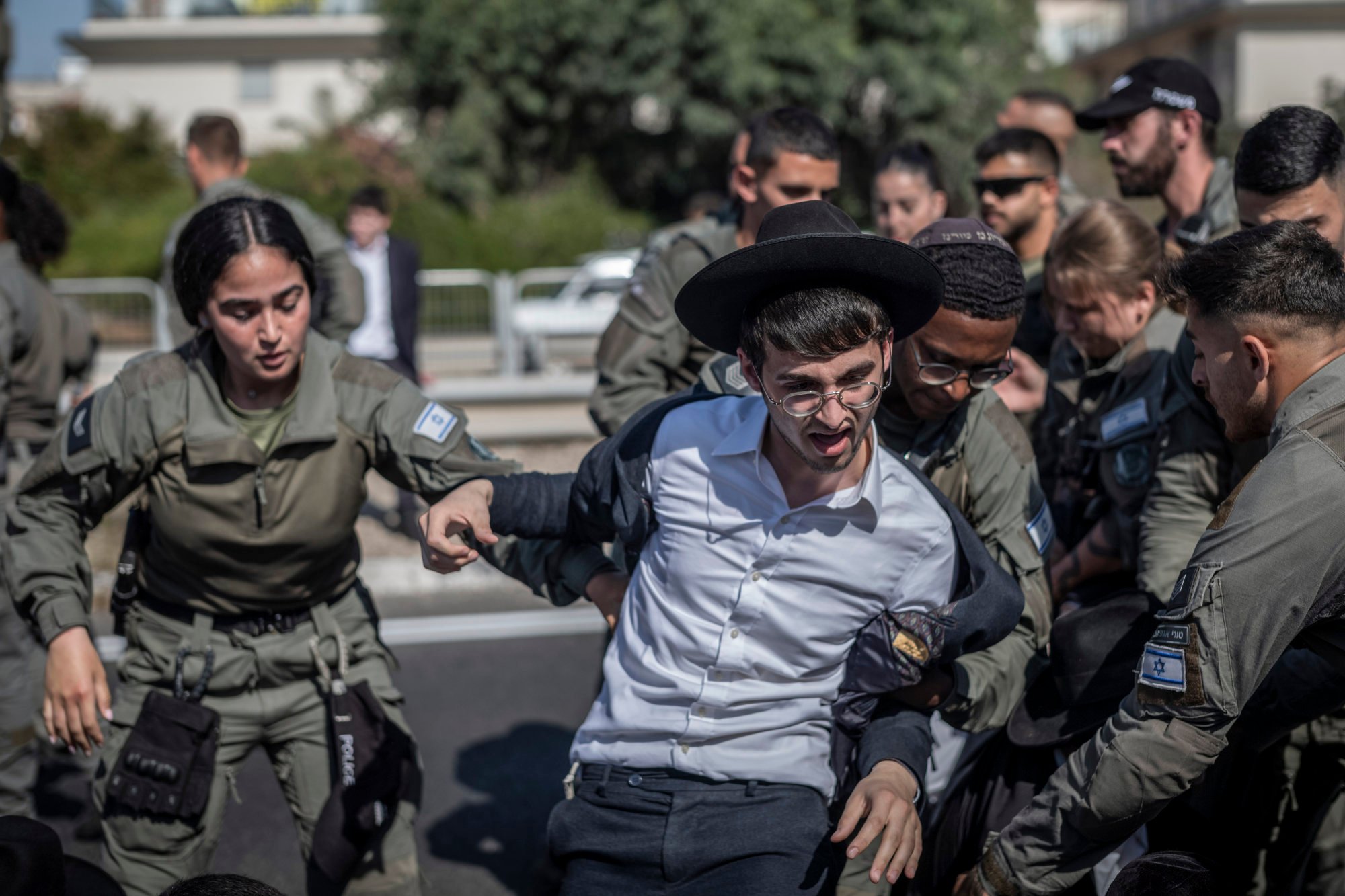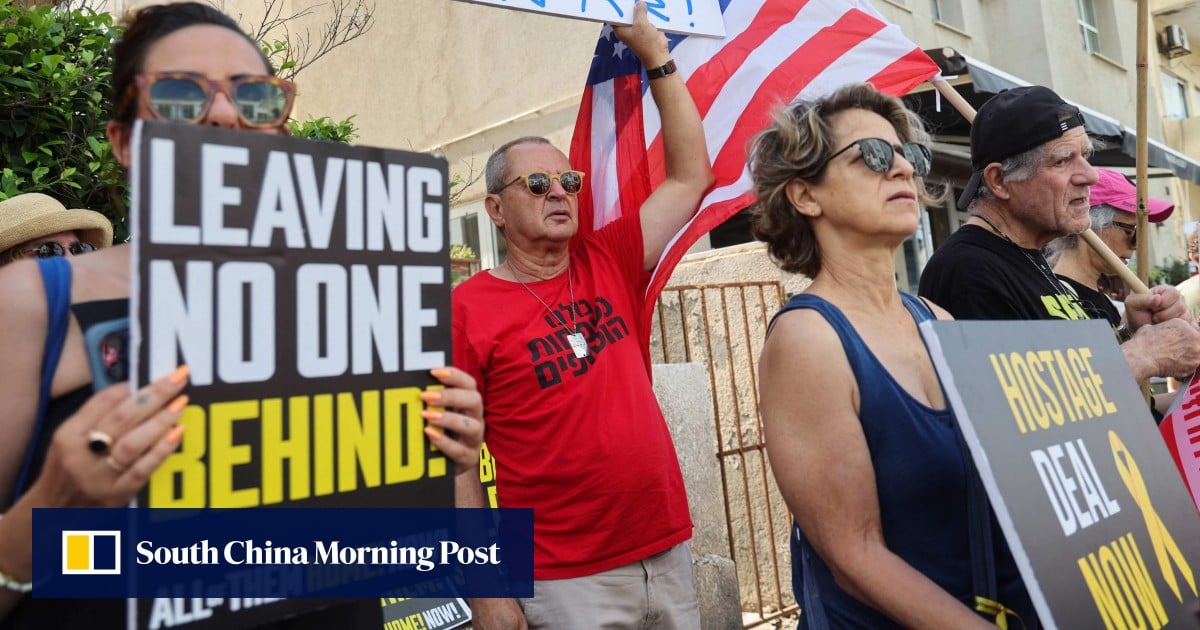In January, 21 Israeli troops were killed in a single attack by Palestinian militants in Gaza.

Last month, Israel’s Supreme Court ordered an end to government subsidies for many ultra-Orthodox men who do not serve in the army.
A new draft law has not been passed, but the coalition of Prime Minister Benjamin Netanyahu this week voted in favour of extending exemptions for religious men.
Although the vote was only procedural, it caused an uproar by being approved during a war in which hundreds of soldiers have died and many others remain inside Gaza or on the front lines against Hezbollah militants in Lebanon.
Israel’s coalition government contains a powerful bloc of ultra-Orthodox parties that have been long-time partners of Netanyahu.
Israel’s bombardment and ground offensives in Gaza have killed more than 37,000 Palestinians, according to Palestinian health officials, who do not give the breakdown of civilians and fighters.
The war has also driven about 80 per cent of the population of 2.3 million from their homes, and Israeli restrictions and ongoing fighting have hindered efforts to bring in humanitarian aid, fuelling widespread hunger.
Israel launched its campaign after Hamas and other militants stormed into Israel on October 7, killing some 1,200 people, mostly civilians, and taking around 250 hostage.
Over 100 hostages were released during a week-long ceasefire last year in exchange for Palestinians imprisoned by Israel. Hamas is believed to be holding around 80 hostages and the remains of another 40.
Months of ceasefire negotiations have failed to find common ground between Israeli and Hamas. On Wednesday, US Secretary of State Antony Blinken said that Hamas proposed changes to a US-backed plan, some of which he said were “workable” and some not.
Hamas has continually called for a permanent ceasefire and complete Israeli troop withdrawal from Gaza as part of any deal that would see the hostages released.
While the proposal announced by US President Joe Biden includes these two provisions, Hamas has expressed concern about whether Israel will commit to them.


